
Themes
tribal ecological knowledge
Adi Ecological Knowledge , arunachal pradesh
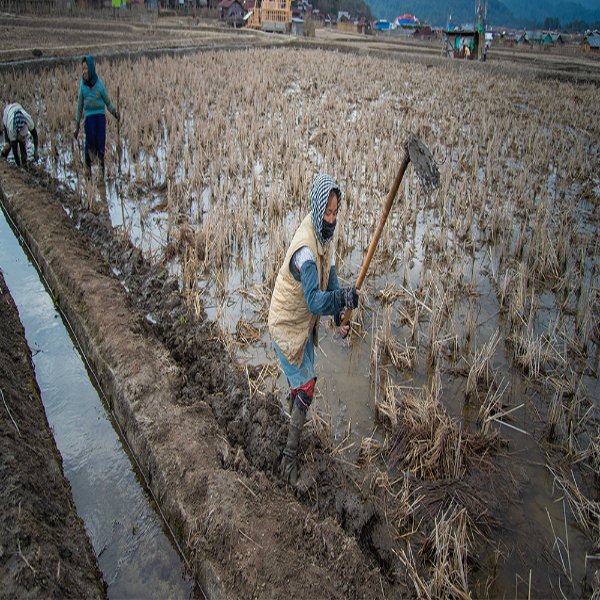
The Apatani have traditionally used a cultivation system known as paddy-cum-fish, by which rice and fish are cultivated together in fields with stepped levels. The symbiotic method increases soil fertility and provides less substance input into the system for more of the final products - both crops and fish - that go into the cooking pot.
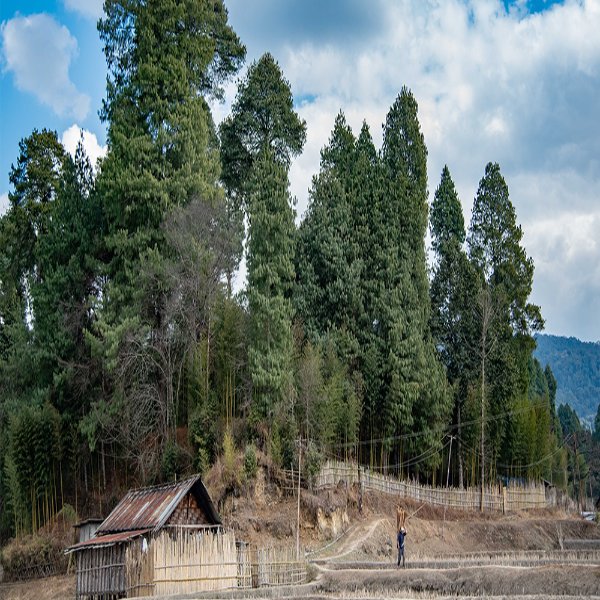
The Apatani secure conservation of bamboo and pine forests. These trees serve housing, fuel, and daily utilities. Every family is actively engaged in one or multiple replanting processes; thus, the resources are preserved for future generations. This system prevents deforestation and protects biodiversity.
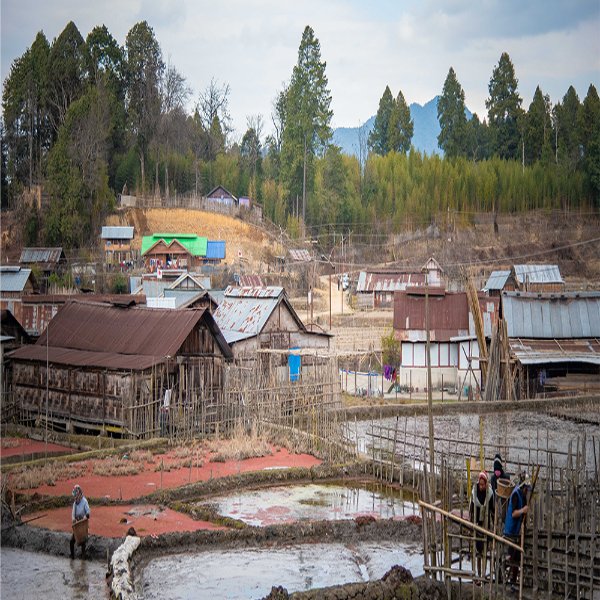
The tribe relies on an extensive irrigation system using forest-fed streams that channel water to their terraced fields. This practice not only supports agriculture but also prevents water loss, demonstrating their efficient use of natural water sources while maintaining the valley’s ecological balance.
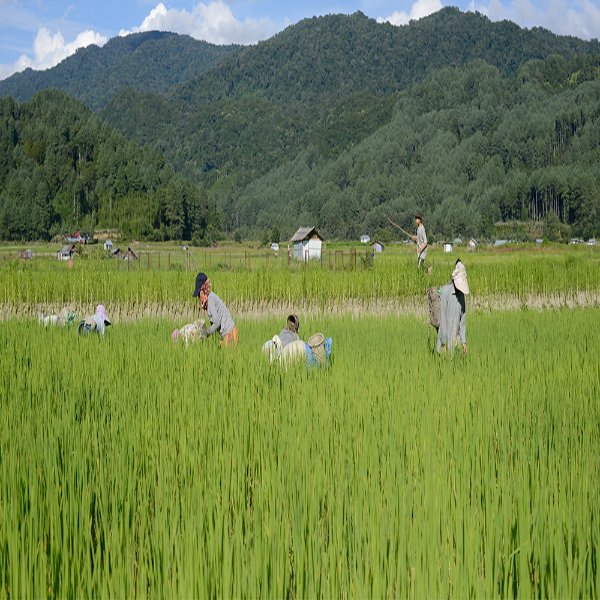
The Apatani designate areas specifically for settlements, agriculture, and community forests. This organized land use allows for optimal resource allocation while preserving communal spaces, a model of sustainable living that balances human and environmental needs.
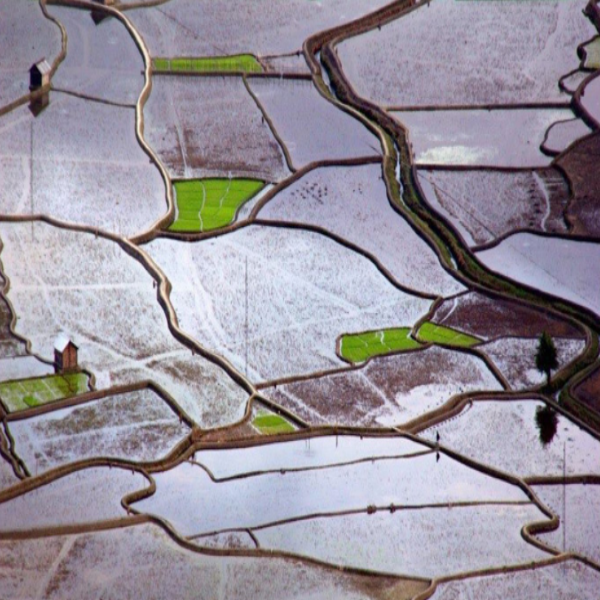
The Apatani uphold customary laws that regulate resource use and hunting, reflecting their reverence for nature. Their traditional animist belief in Donyi Polo, the sun and moon gods, instills a protective mindset towards their natural surroundings, sustaining the valley’s resources through generations.

